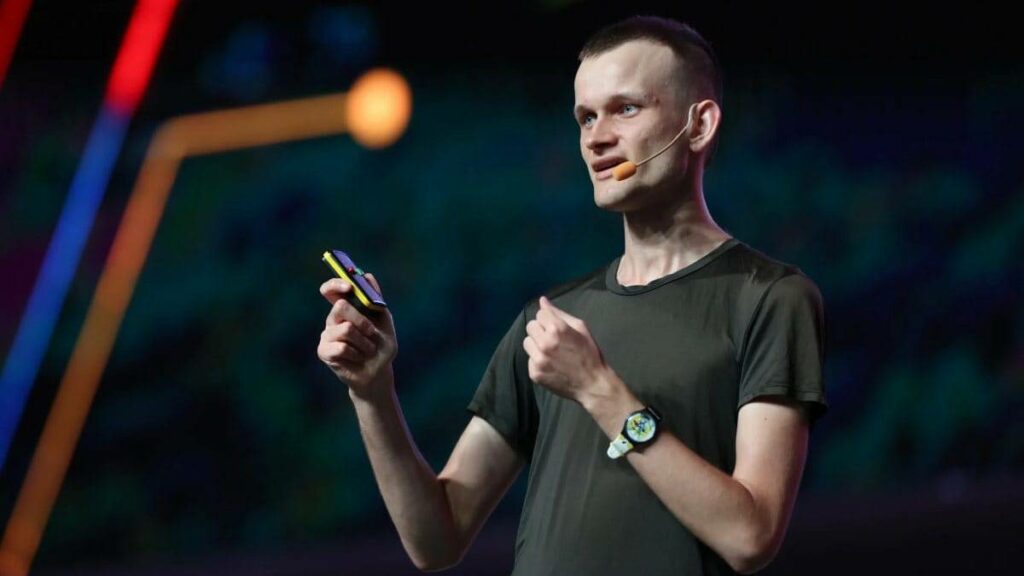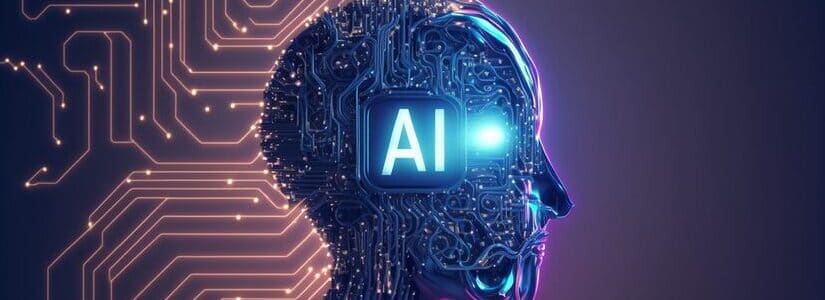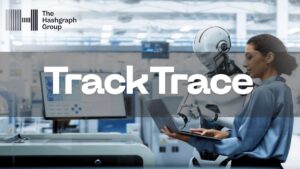TL;DR
- Vitalik Buterin questioned excessive AI autonomy and advocated for integrating more human control to enhance safety, accuracy, and efficiency.
- He proposed prioritizing open models with editing features and explored the potential of brain-computer interfaces to adjust results in real time.
- The debate highlighted that balancing AI independence with human oversight can optimize performance in technical and critical sectors.
Ethereum co-founder Vitalik Buterin raised concerns about the development of artificial intelligence models with a high degree of autonomy.
He argued that systems deliver better outcomes and are safer when they include clear mechanisms for human intervention. His remarks came in response to comments from Andrey Karpathy, former AI director at Tesla, who warned that current models are optimized for long-term tasks and lose agility in shorter processes. In fields like programming, he noted that AI can spend too much time analyzing simple requests, forcing users to interrupt it and narrow its scope.
New AI with On-the-Fly Editing and Adjustments
Buterin defended the value of open tools that allow editing and adjusting content on the fly. He believes this approach offers more control and adaptability than fully autonomous generation. He also expressed interest in developing brain-computer interfaces capable of detecting user reactions in real time. With this technology, AI could modify its output as it is being generated, aligning more closely with the user’s expectations.
His statements drew significant attention. Karpathy and other developers agreed that excessive autonomy can reduce efficiency, especially in tasks that require quick and precise responses. Some pointed out that a model’s default behavior can be adjusted through more specific instructions, meaning it does not necessarily represent a structural flaw. However, they acknowledged that offering more flexible control options would make interaction easier and improve the usefulness of these tools.
Community Backs Buterin: Finding the Balance
Among those who supported Buterin, many emphasized that a proper balance between AI independence and human oversight can prevent ineffective decisions or outcomes misaligned with user goals. They also noted that this type of collaboration can boost productivity in environments where accuracy and speed are essential.
The debate centers on designing systems that keep humans in the AI workflow. Rather than replacing capabilities, the goal would be to enhance results by combining the computing power of machines with human guidance and judgment. Solutions that promote interaction and adjustment could become the most valued, particularly in areas like blockchain, programming, and data analysis













